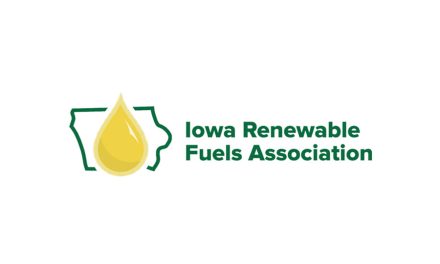Biodiesel will be working overtime as the Volvo Ocean Race ports in Rhode Island for its only North American stopover. The race, which is known for rugged competition and its commitment to sustainability, was a natural fit for biodiesel, America’s Advanced Biofuel. A blend of 20 percent biodiesel (B20) will be used in vessels, generators and diesel-powered land vehicles throughout the 13-day event.
The biodiesel for the event is supplied by Newport Biodiesel, a local biodiesel producer, and delivered by T.H. Malloy, a local oil heat dealer. Newport Biodiesel has used recycled cooking grease from restaurant “galleys” throughout New England to produce biodiesel for more than a decade. The partnership with the Volvo Ocean Race has shown great results in the previous stopover, making the event one of the most sustainable in the world.
“During the 2015 stopover, we saved more than 12,000 pounds of carbon dioxide from entering the atmosphere and we hope to reach a similar or greater amount this year,” said Dr. Robert Morton, Chairman of the Board for Newport Biodiesel. “Biodiesel is an excellent, low carbon alternative to petroleum diesel and a great fit for environmentally-conscience boaters.”
Biodiesel is a domestically-produced, clean-burning diesel replacement made from an increasingly diverse mix of resources, including agricultural oils, recycled cooking oil and animal fats. Compatible with all diesel engines without modification, biodiesel blends can be used in many types of marine vessels, including inland and ocean-going commercial ships, research vessels, the U.S. Coast Guard Fleet and recreational vessels.
“Biodiesel use in marine vessels is a growing market,” says Donnell Rehagen, NBB CEO. “Biodiesel not only provides similar performance characteristics to diesel but also reduces engine wear and is non-toxic, low carbon and biodegradable, making it less polluting to the ocean and the air. The sponsorship helps showcase biodiesel to the global nautical community.”
Biodiesel’s sustainability is well-documented, helping users and event organizers to quantify their environmental impact. From reductions in greenhouse gas and hydrocarbon emissions to wastewater and hazardous waste, biodiesel is delivering measurable results wherever it is used.
Made from an increasingly diverse mix of resources such as recycled cooking oil, soybean oil and animal fats, biodiesel is a renewable, clean-burning diesel replacement that can be used in existing diesel engines without modification. The National Biodiesel Board is the U.S. trade association representing the biodiesel and renewable hydrocarbon diesel industries, including producers, feedstock suppliers and fuel distributors.









